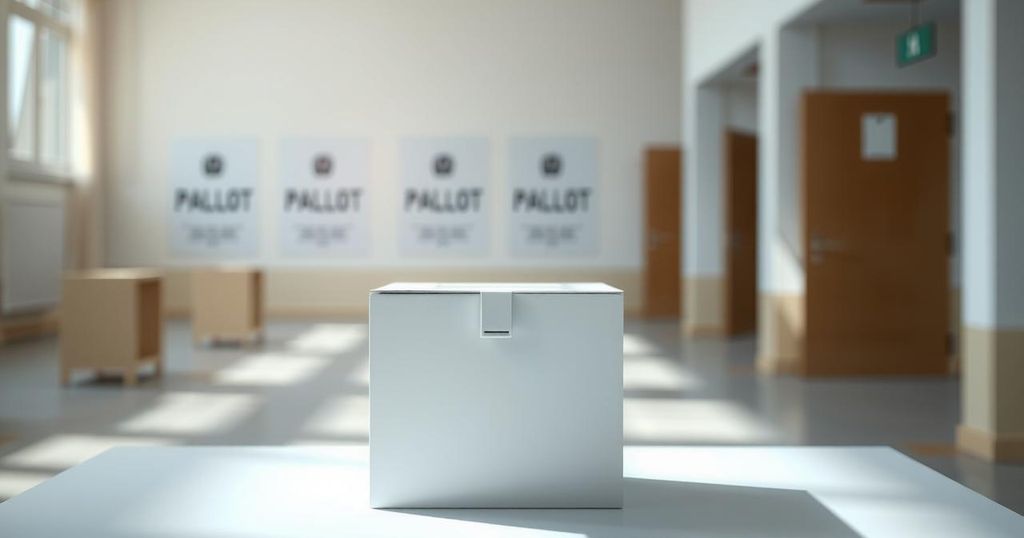The Ecuadorian elections demonstrated transparency and peace, advancing to a second round despite residual challenges such as low public trust in electoral bodies and issues related to campaign conduct. The EU EOM’s preliminary observations indicated respect for fundamental freedoms, but highlighted concerns regarding disinformation and the necessity for stricter regulation of political advertising and financing. Further assessment and recommendations will follow the observation of the second electoral round.
The recent elections in Ecuador were characterized by transparency and peace, culminating in a second round of voting. The Consejo Nacional Electoral (CNE) received commendations for their organization, with efficient vote counting and result publication that alleviated concerns of malpractice. Nevertheless, public confidence in the electoral administration remains fragile, despite the structured electoral process that adhered to the established timeline, including a refresh of the voter registry.
Although institutional safeguards were in place, some challenges were identified, including public scepticism toward electoral bodies, especially after President Noboa did not take a leave of absence during the campaign. Reports of disinformation and allegations of fraud intensified at the campaign’s conclusion, highlighting deficiencies in social media regulation. Furthermore, campaign financing processes demand stricter accountability and transparency measures to ensure fair electoral practices.
This preliminary observation comes ahead of the final stages of the electoral process, including official result tabulation and petition adjudication. The European Union Election Observation Mission (EU EOM) plans to observe the second round of the Presidential Election, with a final report aimed at recommending potential electoral reforms post-analysis. The EU EOM mobilized 106 observers from various nations to inspect adherence to international democratic obligations and Ecuador’s laws.
The mission arrived in Ecuador on December 28, 2024, following an official invitation from the CNE. On February 9, the EU EOM monitors observed the elections across 480 polling stations, under the direction of European Parliament delegation head Nacho Sánchez Amor. Adhering to international standards of election observation, the EU EOM remains independent in its assessments and conclusions.
In conclusion, the Ecuadorian elections exhibit elements of transparency and order despite lingering issues such as public distrust and challenges regarding campaign integrity. While the electoral process progressed smoothly under CNE oversight, heightened scrutiny over political conduct and disinformation campaigns must be addressed. The upcoming second round of voting presents further opportunities for evaluation and the potential for reforms following comprehensive observation by the EU EOM.
Original Source: www.eeas.europa.eu




